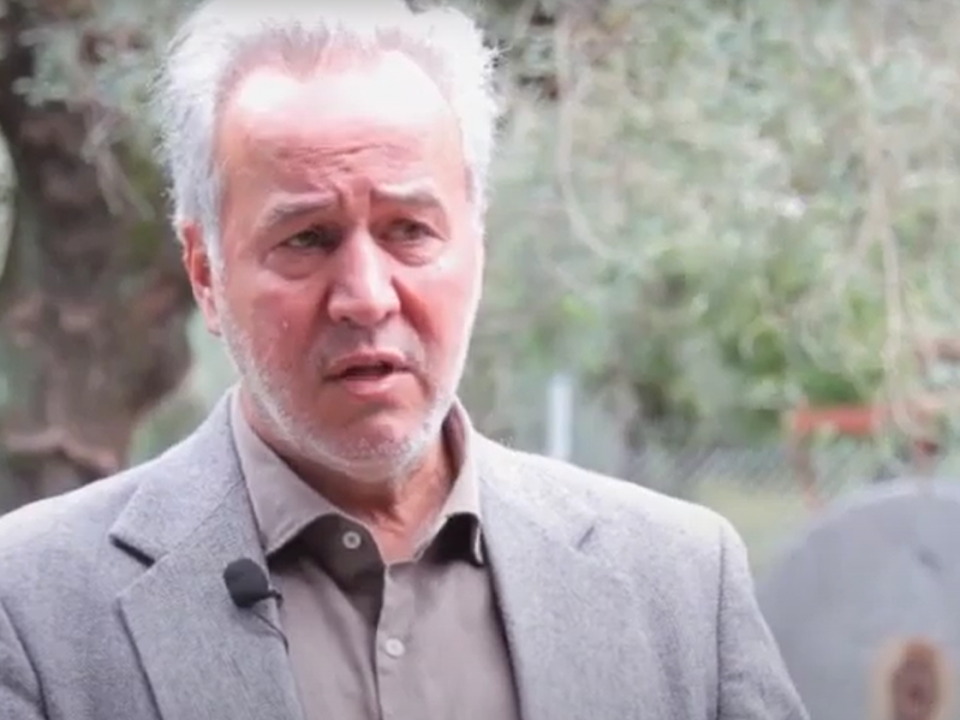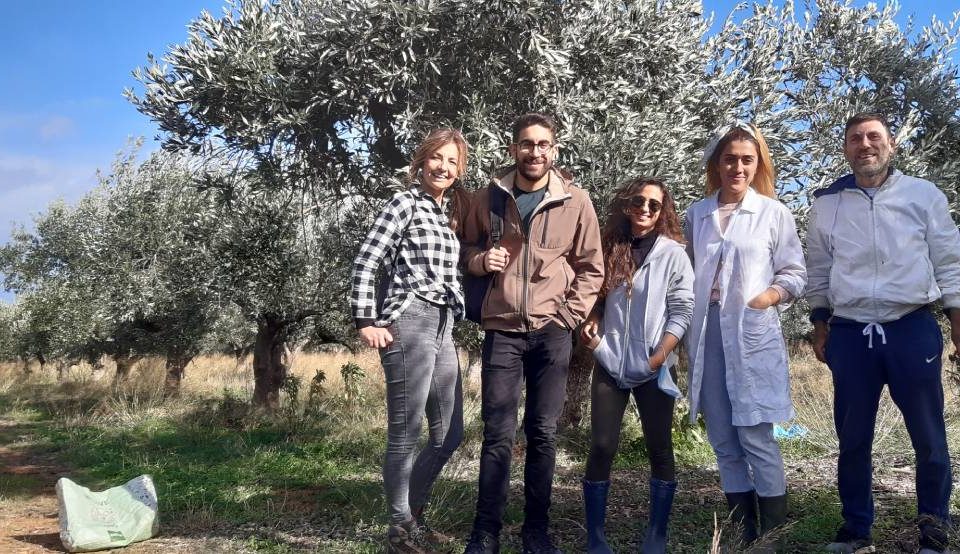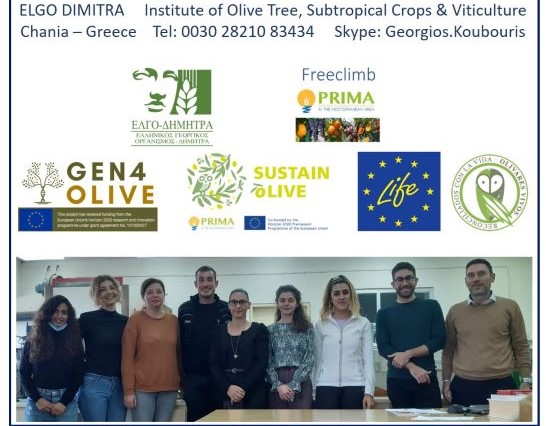
Determination of Apparent Density in olive grove soils. Julio Calero, Department of Ecology of the University of Jaén. SUSTAINOLIVE
أبريل 13, 2021
Webminar: Incrementar la productividad y los ingresos en el cultivo del olivo a través de Asociaciones
أبريل 14, 2021In the last months, a further step has been moved toward the implementation of Sustainolive international project. Coordinated by Prof. Anna Irene De Luca from the Mediterranean University of Reggio Calabria (Italy), and Prof. Manuel González de Molina from the University of Pablo de Olavide (Spain), the main objective of WP5 is to assess the environmental and socio-economic impacts and repercussions of the implementation of STSs. To do this, the following methods will be applied: Social Agrarian Metabolism (SAM), Life Cycle Assessment (LCA), Life Cycle Costing (LCC), Social Life Cycle Assessment (SLCA), to be merged into an innovative methodological proposal of Life Cycle Sustainability Assessment.
More in details:
– The Social Agrarian Metabolism (SAM), is a methodology which provides information on biophysical functioning and produces synthetic indicators of sustainability that can be easily monitored. Flows (e.g. production of goods and services) and funds (e.g. reproduction and improvement of the series of processes required for the production and consumption of goods and services) will be evaluated to assess whether STSs and comparable non-STSs are sustainable after data collection. SAM also analyses the role played by energy flows within olive groves, taking into account not only the harvested olives but also the produced biomass which is not harvested, which is essential to fuel the heterotrophic components providing ecosystem services to olive farmers (fig. 1).
– The Life Cycle Assessment (LCA) is a standardized methodology (ISO 14040-14044:2006) that enable to evaluate impacts and uncover burden shifts during the whole life cycle of a product or service, from cradle to grave (see fig. 2). Data gathered will serve to build an inventory of input about materials and energy. A specific software, SimaPro 8.5, and an international database, Ecoinvent v. 3.5, will process data with the impact assessment model ReCiPe to obtain a list of indicators for each scenario assessed, such as for example: human toxicity, terrestrial ecotoxicity, freshwater eutrophication, marine ecotoxicity, global warming potential, and many others (fig. 3).
– The Life Cycle Costing (LCC) is aimed at the accounting of every cost generated all along the functioning of the life cycle, allowing a long-term evaluation of the cost-effectiveness. It allows to highlight and quantify the main cost items, but also financial indicators of investment, throughout the life cycle stages, by classifying them in terms of initial costs, periodical maintenance costs, operational costs and end of life disposal costs or residual value. LCC also analyses all costs associated that are directly covered by one, or more, of the actors involved in the products life cycle, including externalities that are anticipated to be internalized in the decision-relevant future.
– Social Life Cycle Assessment (sLCA) will be carried out to assess for the social impacts of olive farmers with STSs and without STSs. The impacts will be assessed in terms of psychosocial risk factors (PRF) i.e., the hours of potential exposure to working conditions that can lead to health problems, especially for workers directly involved, but also local communities and consumers can be affected. These risks are measured, according to the scientific literature, in terms of the odds ratio (OR) and they will be classified by strength of association. Each farming task will be related to one or more working condition (noise, vibrations, stress, open-air work, use of chemicals, work load, etc.) (fig. 4).
– Life Cycle Sustainability Assessment (LCSA) is a recent methodology, currently under development. To the purpose of Sustainolive, after measuring the environmental, economic and social indicators, the overall sustainability level olive groves under the innovative and sustainable practices will be evaluated using a Multi Criteria Decision Analysis (MCDA) method, such as the Analytic Hierarchy Process (AHP). AHP is a well-known technique that has been widely implemented in many scientific fields and is applicable for valuing the different criteria, when the nature of alternatives is non-continuous. An evaluation matrix will be created by using the results of all above-mentioned analyses and then assembling all performances of the scenario per each criterion belonging to the environmental, economic and social dimensions (see fig. 5).
We are currently developing a survey questionnaire (fig. 6) to collect primary data needed to implement the evaluations. Consultancies among the expert partners have been of utmost importance to develop a shared questionnaire through an iterative and participative process.
The information will be gathered in the next months, thanks to the help of local experts (animators) and concerns qualitative and quantitative data about the main characteristics of olive groves, their management and farming systems, soil operations, weed management, phytoiatric treatments, harvesting operations, typology of workforce, costs and market prices, working capitals, among other. The asset of primary data collection to the purposes of Sustainolive are about the specificity and accuracy of information, the reliability of data source, and the possibility to interact with respondents and make the evaluations really adherent to our Mediterranean reality. Once the data will be gathered and validated, the above-mentioned methodologies will be applied.
References
González de Molina M., Soto Fernández D., Guzmán Casado G., Infante-Amate J., Aguilera Fernández E., Vila Traver J., García Ruiz R. (2020). The Social Metabolism of Spanish Agriculture, 1900–2008. Environmental History, 10, 10.1007/978-3-030-20900-1.
Iofrıda, N., Stıllıtano, T., Falcone, G., Gulısano, G., Nıcolò, B. F., & De Luca, A. I. (2020). The socio-economic impacts of organic and conventional olive growing in Italy. New Medit, 19(1), 117–131. https://doi.org/10.30682/nm2001h










